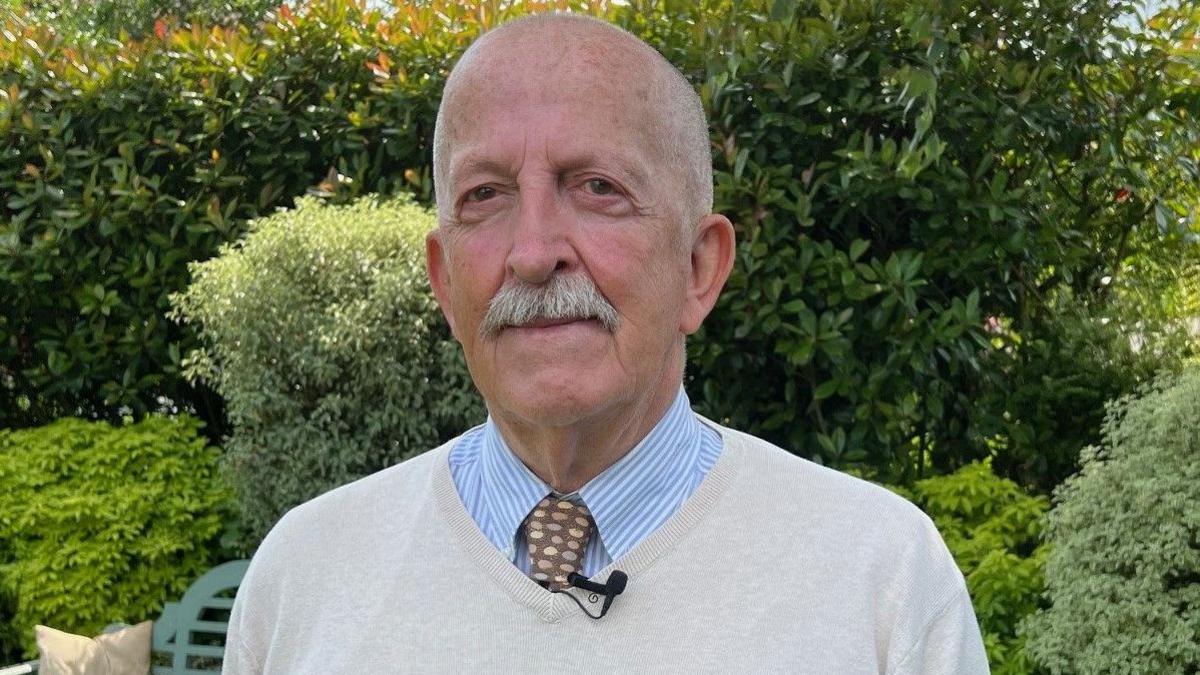'I had to travel over 80 miles for cancer treatment'
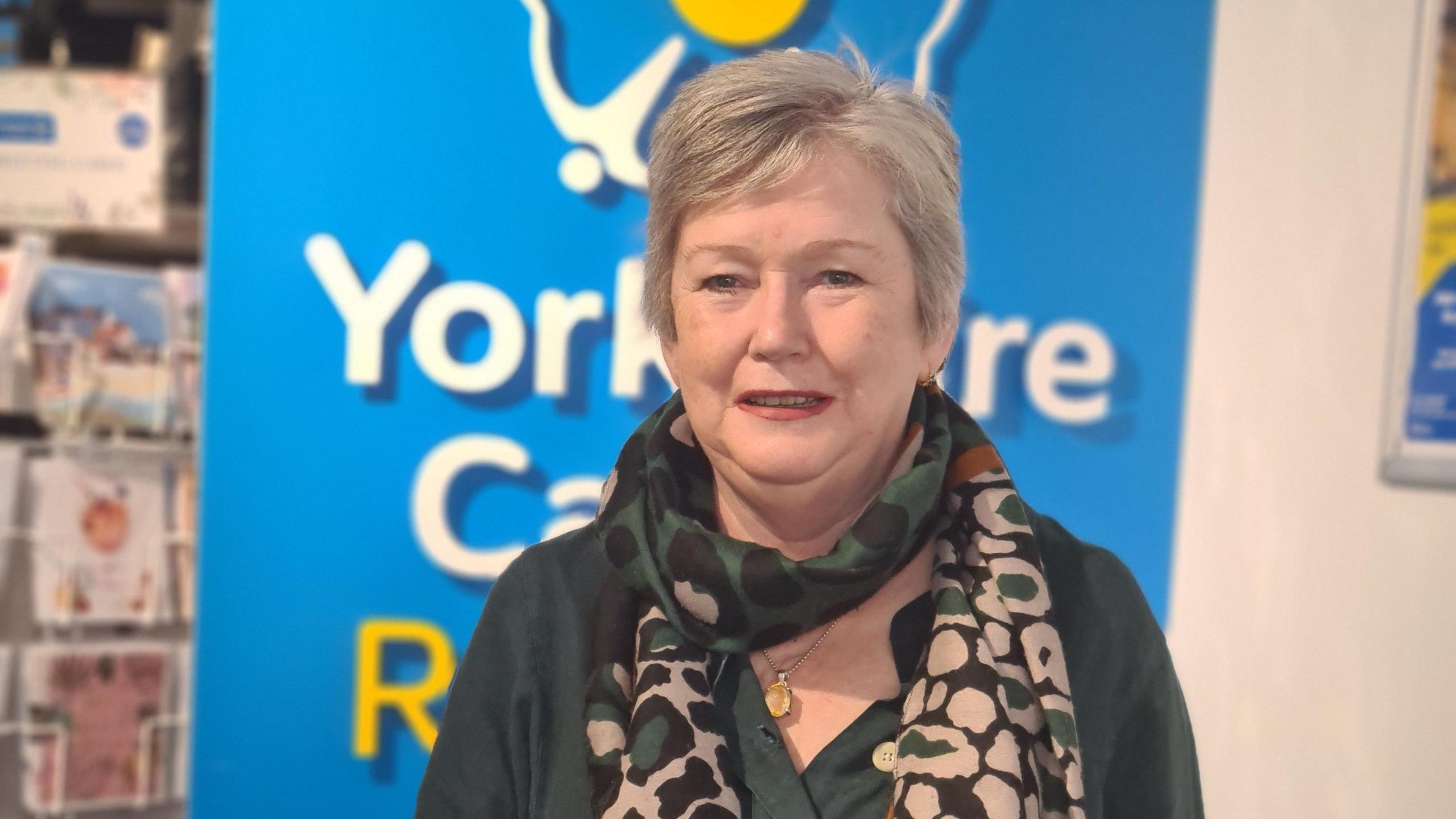
Ms Dingwall had to travel from Richmond to Middlesbrough for radiotherapy
- Published
A cancer charity is warning North Yorkshire residents face later diagnosis or having to travel further for treatment than cancer patients in other regions of the UK.
Yorkshire Cancer Research is urging the government to consider a "re-prioritisation" of funding and resources in the region, ahead of the Department of Health and Social Care (DHSC)'s National Cancer Plan later this year.
Maggie Dingwall had to travel around 80 miles a day from her home near Richmond to James Cook University Hospital in Middlesbrough for radiotherapy, which she described as "a lot to have to go through".
A DHSC spokesperson said improving cancer care was a priority after "more than a decade of neglect of our NHS".
Ms Dingwall, 62, had a mastectomy and chemotherapy to treat breast cancer, before being referred to James Cook University Hospital for an intensive course of radiotherapy.
Her sessions started at 10:00 BST every day for six weeks.
She was unable drive or catch a bus from her home, so she was reliant on her friends to drive her to her appointments.
"It was quite a lot to organise, but luckily I had friends who set up a rota so I was covered every day," she said.
"From a general well-being point of view, it's a big thing to have to organise everything on top of how you're feeling emotionally and physically.
"If you don't have access to people who are able to drive you, you haven't really got an alternative."
Her friends were very supportive but there was a certain amount of guilt associated with "asking too many times", according to Ms Dingwall.
If access a cancer treatment facility closer to home was not possible, she said having patient transport that could reach rural areas would be one way to improve services locally.
"I think it would be a very positive thing, because it would encourage people to actually go ahead with the treatment," she said.
"I think that's one of the reasons people shy away from it - because it's a lot to take on board, especially if you have a busy life."
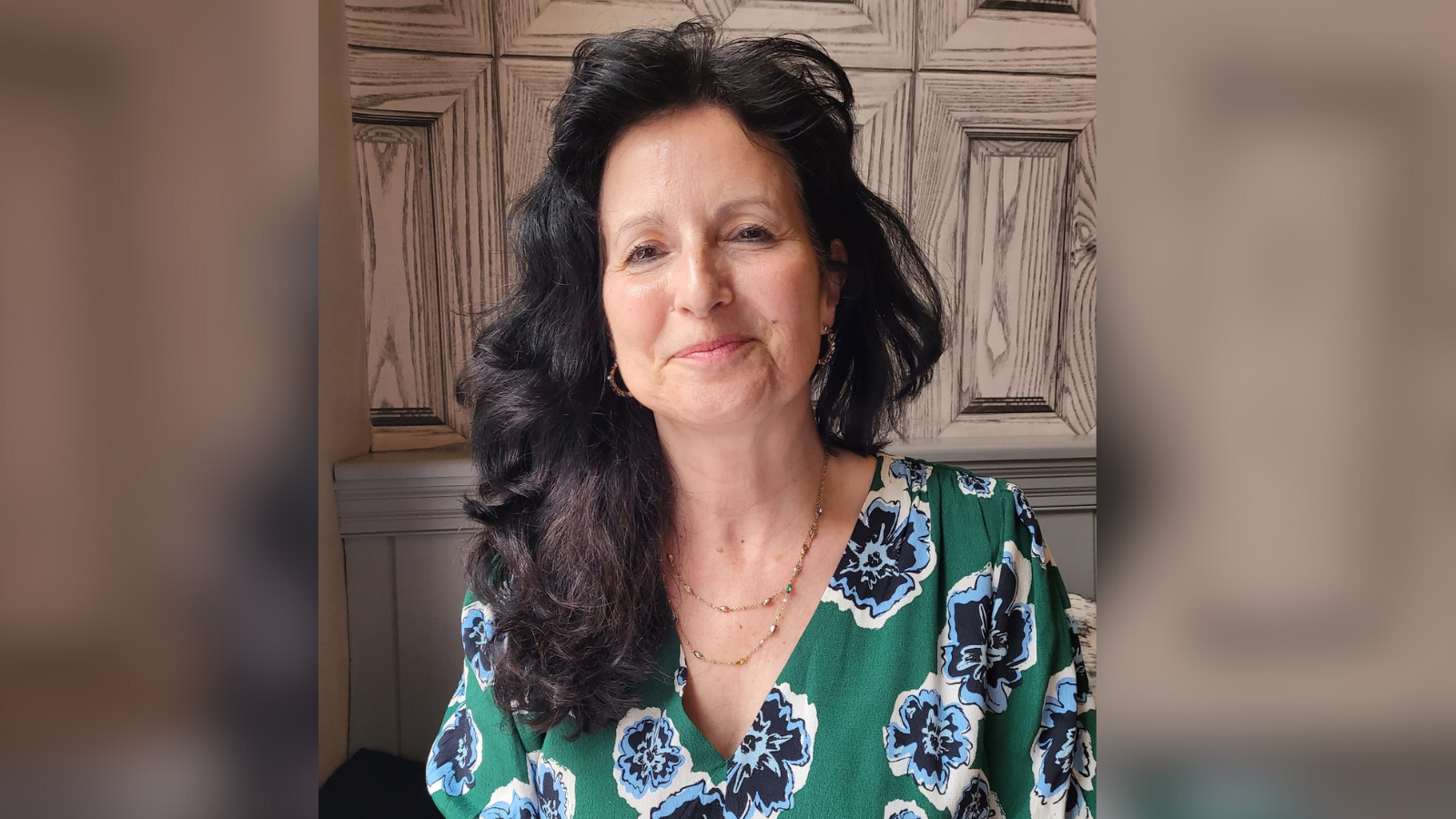
Anne Thackeray had to take a bus and two trains for a cancer exercise treatment course
Yorkshire Cancer Research's recently published White Rose Cancer Report found people living on the region's coast are likely to be the most severely impacted, often having to travel more than an hour for cancer-related treatment.
It means they may be less likely to accept or complete some treatments, due to the financial and physical cost involved, according to the charity.
Scarborough resident, and retired nurse, Anne Thackeray, 64, discovered she had breast cancer after a routine breast screening.
She described her recovery following treatment and surgery as "stormy", with her fitness levels significantly affected.
"I had a lot of stiffness, my knees were quite weak, and especially after my operation, I had a weaker arm on my right-hand side," she said.
"What I think really brought it home to me was someone was poorly on the train," she said. "I got down down to help them, and I spent quite a bit of time on the floor but I couldn't stand up again - my husband had to pull me up."
She referred herself to Active Together, a Yorkshire Cancer Research exercise programme designed to help people retain or regain fitness following a cancer diagnosis.
However, the closest venue was at Hornbeam Park in Harrogate, and the journey involved taking a bus and two trains - amounting to a nearly three-hour trip, one-way.
"Because I wanted to go, and I wanted to get better, I had that drive to go," she said.
"Not everyone could do that journey. It's a long way to go when you're really, really poorly, so I know I'm lucky that I could.
"Living at the coast, you don't get as much opportunity to do things like this, but that shouldn't be the case."
Ms Thackeray has since completed the course, but still attends the open gym because of how much she feels it has helped her.
She believes if access to services such as Active Together were more accessible and better signposted, it would help overall patient well-being and recovery.
"Prevention is better than cure - and if you can keep people fit and healthy, and you can offer it at diagnosis, then I think that would be better," she said.

People living on the region's coast are more likely to have to travel more than one hour for cancer-related treatment, according to Yorkshire Cancer Research
Dr Stuart Griffiths, director of research at Yorkshire Cancer Research, said there were key differences in regional access to treatment, particularly in rural and coastal areas.
He attributed this to a number of factors, including fewer GPs in more isolated areas, longer travel times, and slower uptake on cancer screenings.
"All of that adds up to people being diagnosed later; it's harder to get treatment; and on top of that, we have less research funding into the north generally," he said.
The county as whole would benefit from a "re-prioritisation" of funding and resources into programmes such as specialist exercise centres, and wider roll-out of cancer screening services, he added.
"We know the NHS is under pressure, we know there's a lot of work to do, but our recommendations are practical, in the sense that they will save the NHS money, as well as making patients' lives better.
"It's not to say it's easy, and charities like Yorkshire Cancer Research will continue to fund research and work with the NHS and the Department of Health to do that."
The Department of Health and Social Care said that the forthcoming National Cancer Plan would set out how to improve survival rates and address the variation between different cancer types.
Between July 2024 and May 2025, 95,000 additional people had cancer diagnosed or ruled out within 28 days, compared to the same period the previous year, according to a spokesperson.
Get in touch
Tell us which stories we should cover in Yorkshire
Listen to highlights from North Yorkshire on BBC Sounds, catch up with the latest episode of Look North.
Related topics
Related Internet Links
- Published14 August 2023
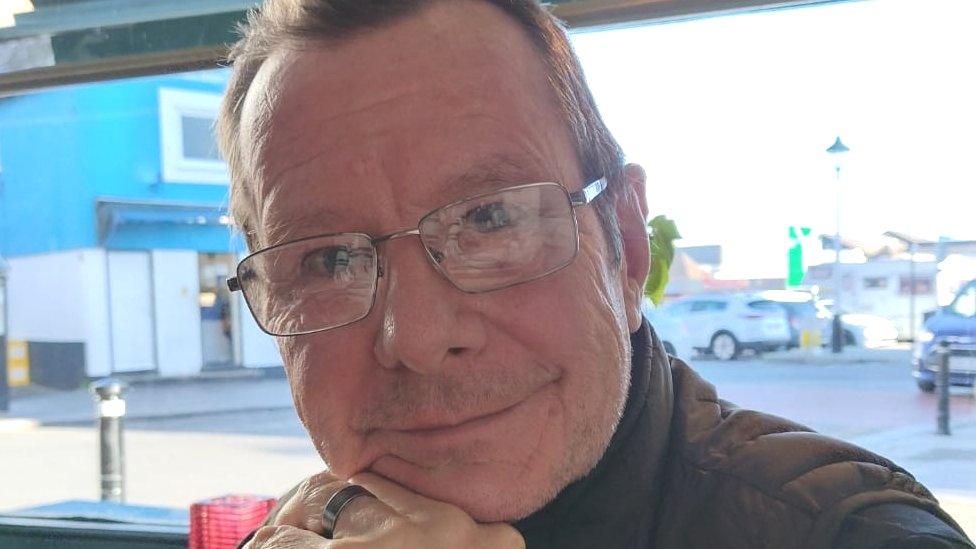
- Published31 January
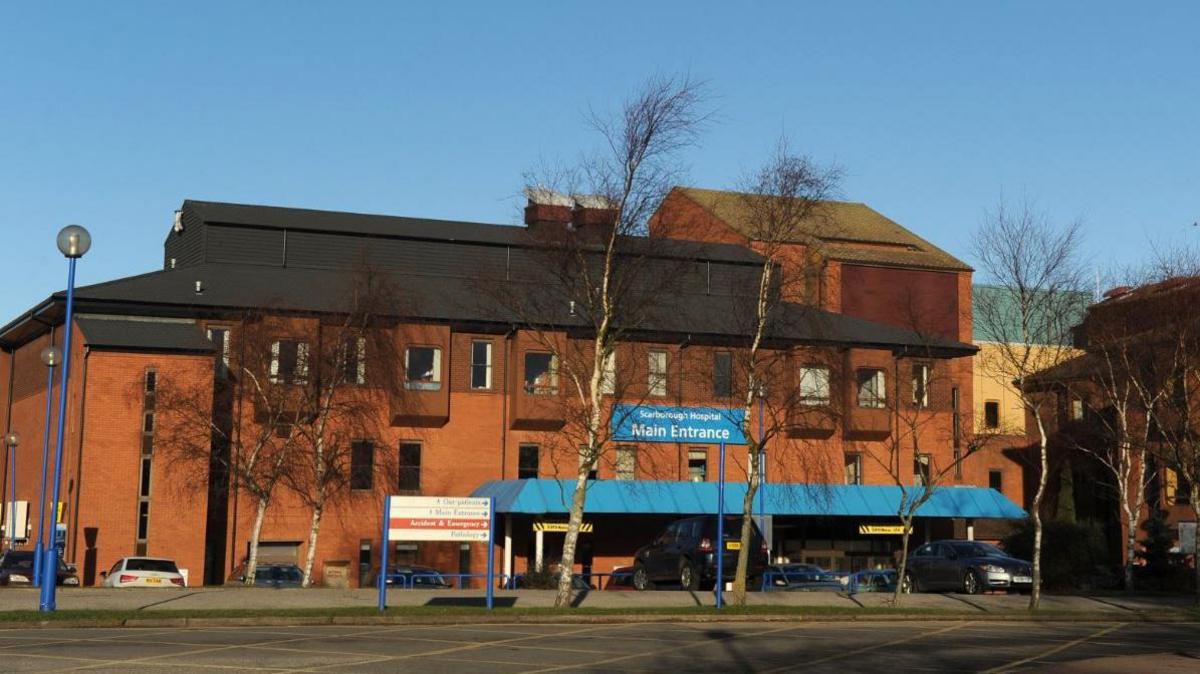
- Published10 July
